Search
Did you mean: Epona?
Search Results
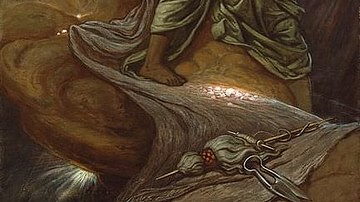
Definition
Theogony
The Theogony is an 8th-century BCE didactic and instructional poem, credited to the Greek poet Hesiod. The Theogony was, at first, not actually written down, rather, it was part of a rich oral tradition which only achieved written form decades...
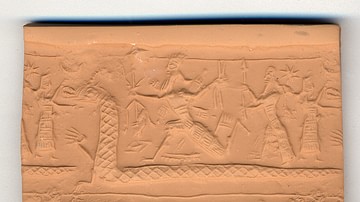
Definition
Tiamat
Tiamat is the Mesopotamian goddess associated with primordial chaos and the salt sea best known from the Babylonian epic Enuma Elish. In all versions of the myth, following the original, Tiamat always symbolizes the forces of chaos, which...
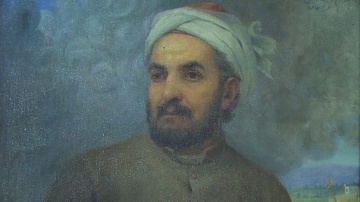
Definition
Hafez Shiraz
Hafez of Shiraz (also given as Hafiz, l. 1315-1390) is considered the greatest of the Persian poets and among the most famous and admired writers in world literature. He is among the most often translated poets in the present day and his...
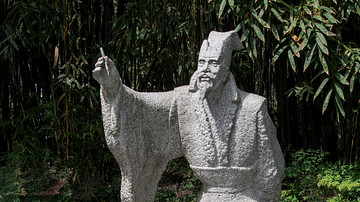
Definition
Bai Juyi
Bai Juyi (l. 772-846) was one of the greatest poets of the Tang Dynasty (618-907) along with Li Po (l. 701-762) and Du Fu (l. 712-770). He was a government official who got in trouble with authorities a number of times for not following the...
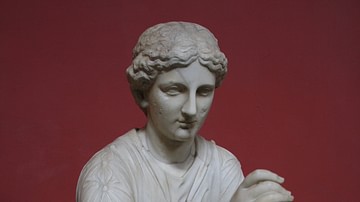
Collection
Great Ancient & Medieval Poetry
Poetry is the first form of literary expression in the world as evidenced by The Epic of Gilgamesh, the oldest piece of world literature. For over 4,000 years, people have been writing poetry to express personal, communal, or global experiences...

Article
Poor Man of Nippur
The Poor Man of Nippur (c. 701 BCE) is a Babylonian poem on the themes of the obligations of hospitality and revenge for an undeserved injury. A poor man of the city of Nippur feels mistreated when he visits the mayor and then goes to great...

Definition
Iliad
Homer's Iliad describes the final year of the Trojan War, a legendary conflict between an alliance of Greek cities and the city of Troy in Anatolia. It was probably written in the 8th century BCE after a long oral tradition. The Greeks themselves...

Definition
Ereshkigal
Ereshkigal (also known as Irkalla and Allatu) is the Mesopotamian Queen of the Dead who rules the underworld. Her name translates as 'Queen of the Great Below' or 'Lady of the Great Place.' She was responsible for both keeping the dead within...
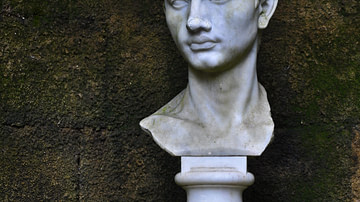
Definition
Virgil
Publius Vergilius Maro (70-19 BCE), better known to most modern readers as Virgil, was one of the greatest poets of the early Roman Empire. His best-known work, the Aeneid, told of a Trojan prince, Aeneas, who escaped the burning of Troy...
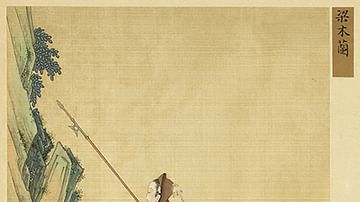
Article
Gender & Identity in Mulan: Text & Commentary
The legend of Mulan, now world-famous thanks to the Disney films of 1998 and 2020, is the story of a young girl who disguises herself as a man to take her aged father's place as a conscript in the army and so preserve the family honor. The...